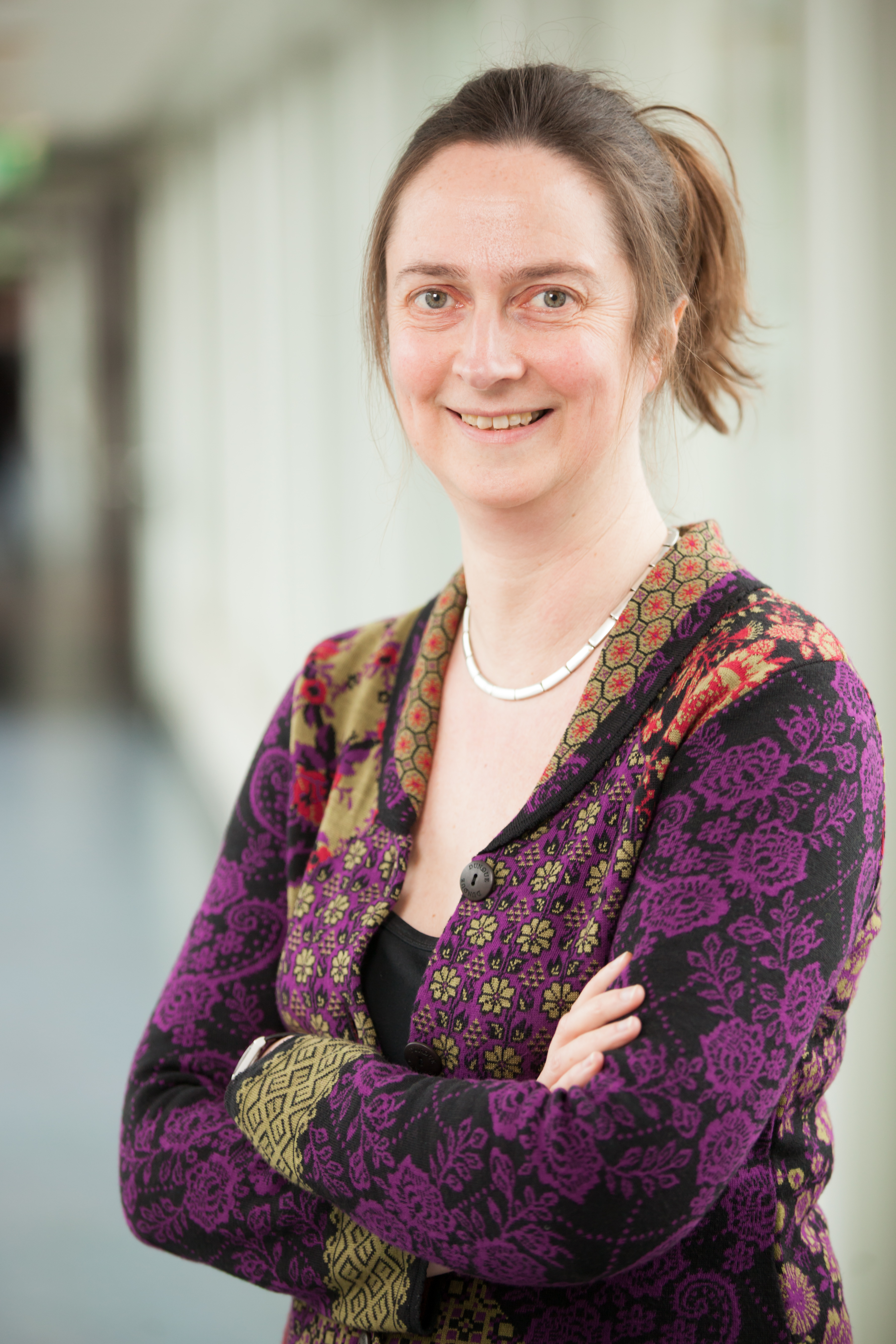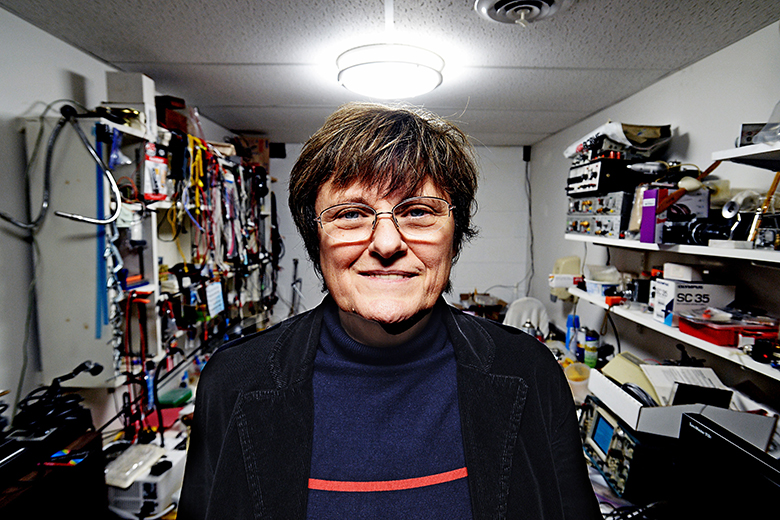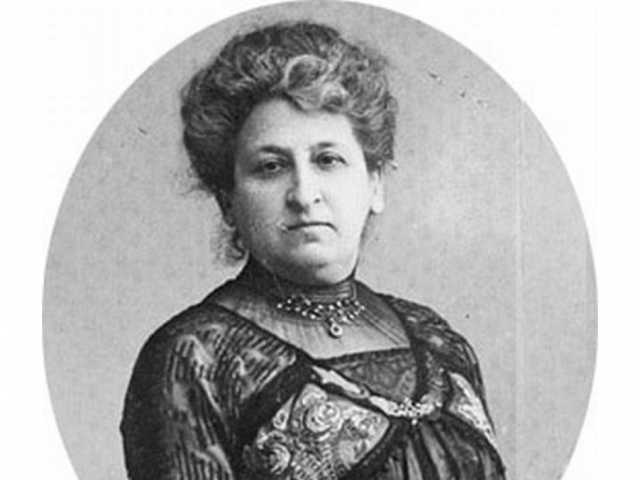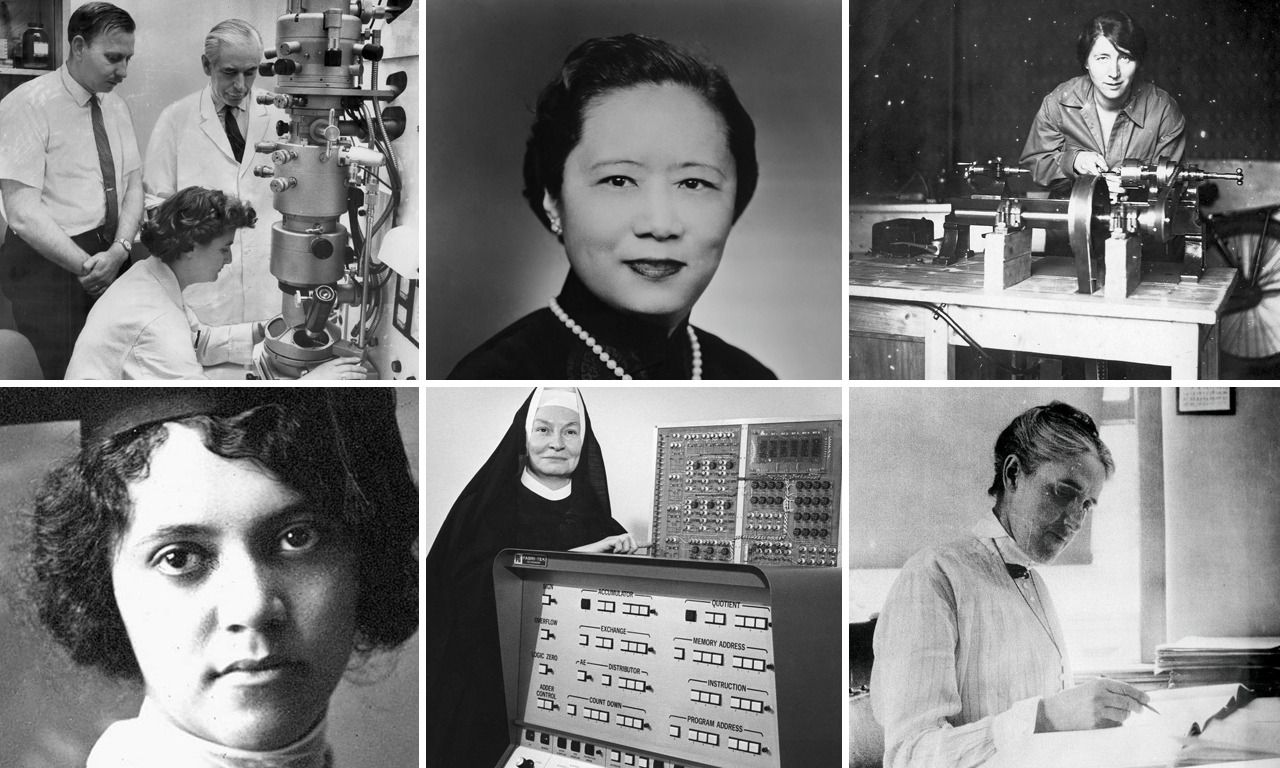 "They were important for science, but these women were in the shadows until now"
"They were important for science, but these women were in the shadows until now"
NRC columnist Margriet van der Heijden, in the NRC series 'Unprecedented', portrayed several women who were important to natural science, yet stood in the shadows. Read here about the quirky women in natural science, who pursued science against the tide, paving the way for others.



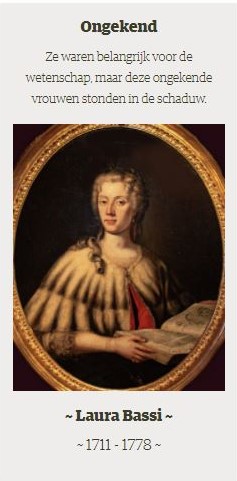
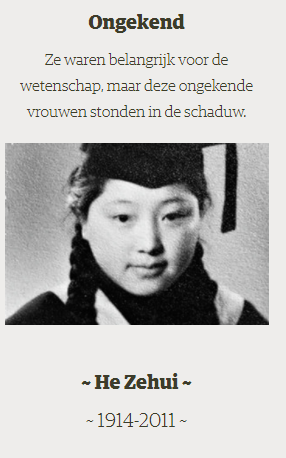
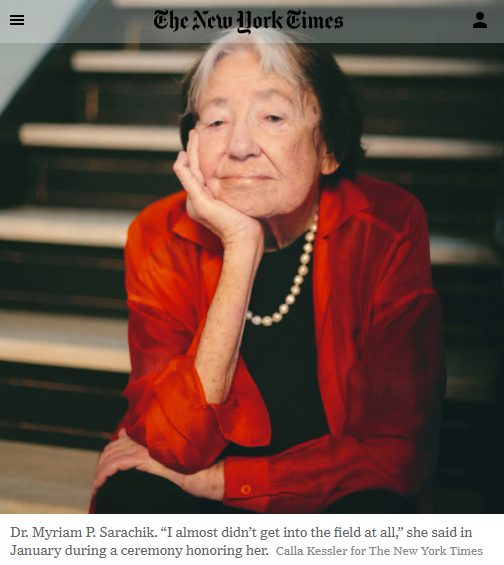
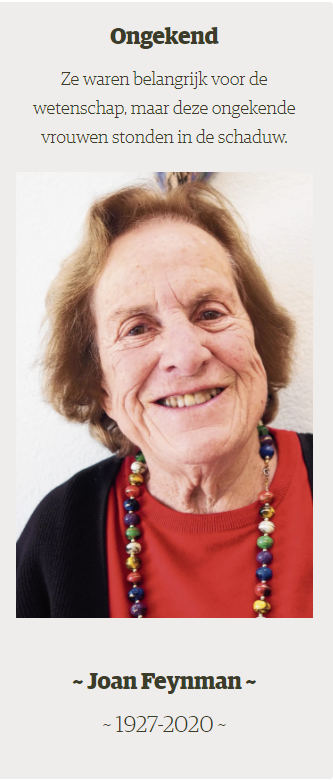

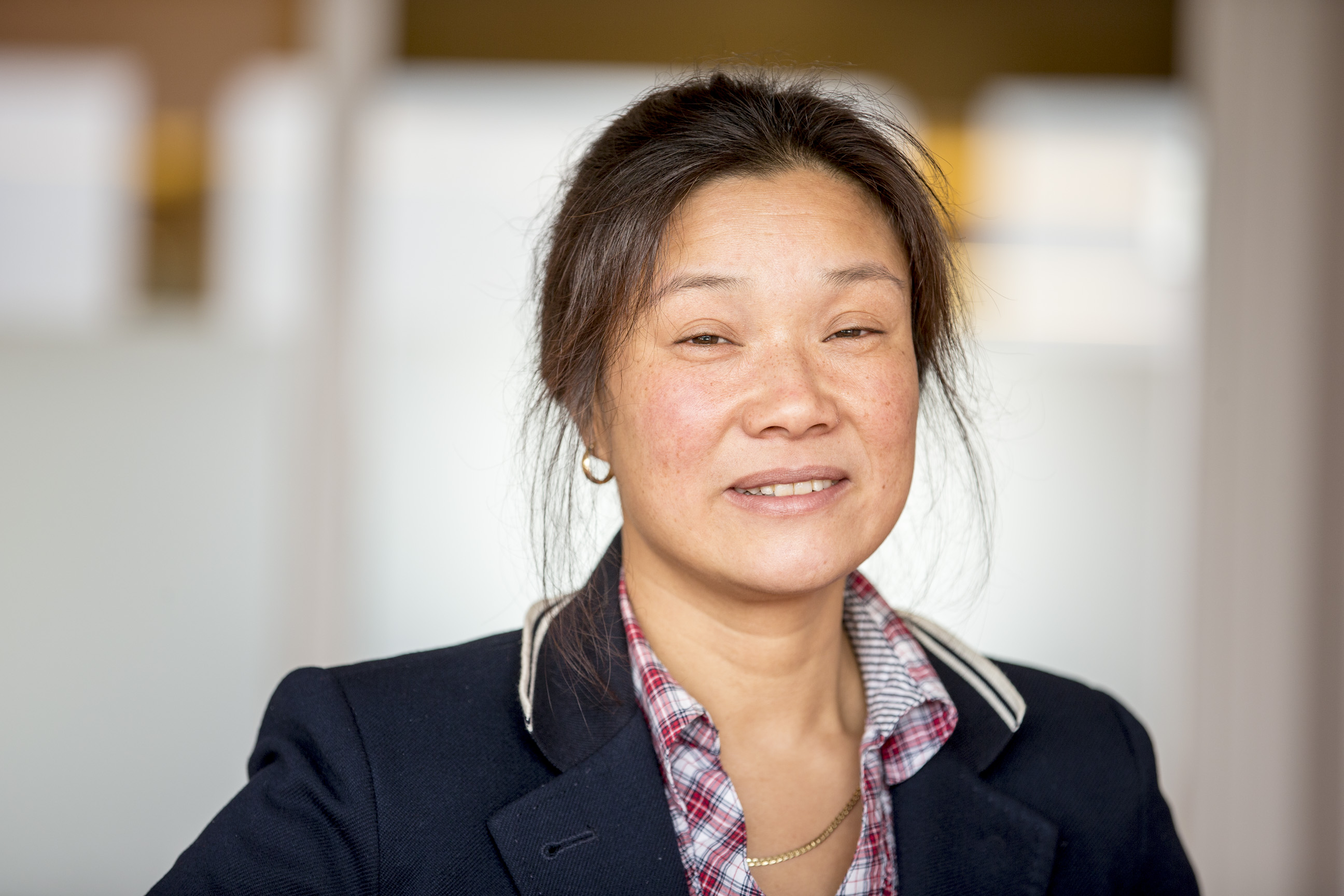
 Débora Diniz is a Brazilian social scientist specializing in making connections between bioethics, feminism, human rights, and health. Her work as a scientist and documentary filmmaker has been rewarded with many awards over the years, but her research on female reproductive rights has caused so many threats and hatred that she has had to leave her country. In celebration of International Women's Day on March 8, Athena's Angels circulated a newsletter (
Débora Diniz is a Brazilian social scientist specializing in making connections between bioethics, feminism, human rights, and health. Her work as a scientist and documentary filmmaker has been rewarded with many awards over the years, but her research on female reproductive rights has caused so many threats and hatred that she has had to leave her country. In celebration of International Women's Day on March 8, Athena's Angels circulated a newsletter (
